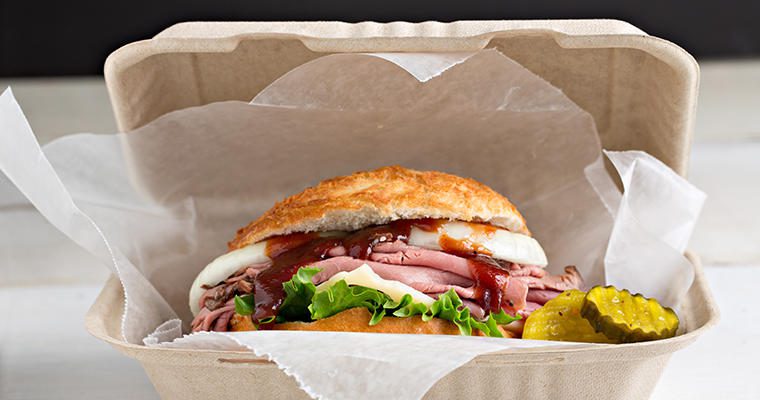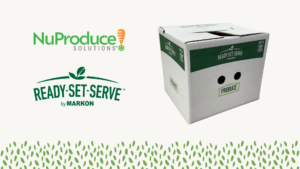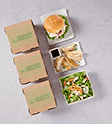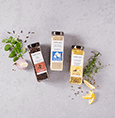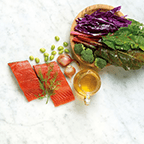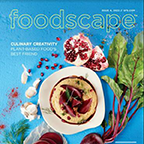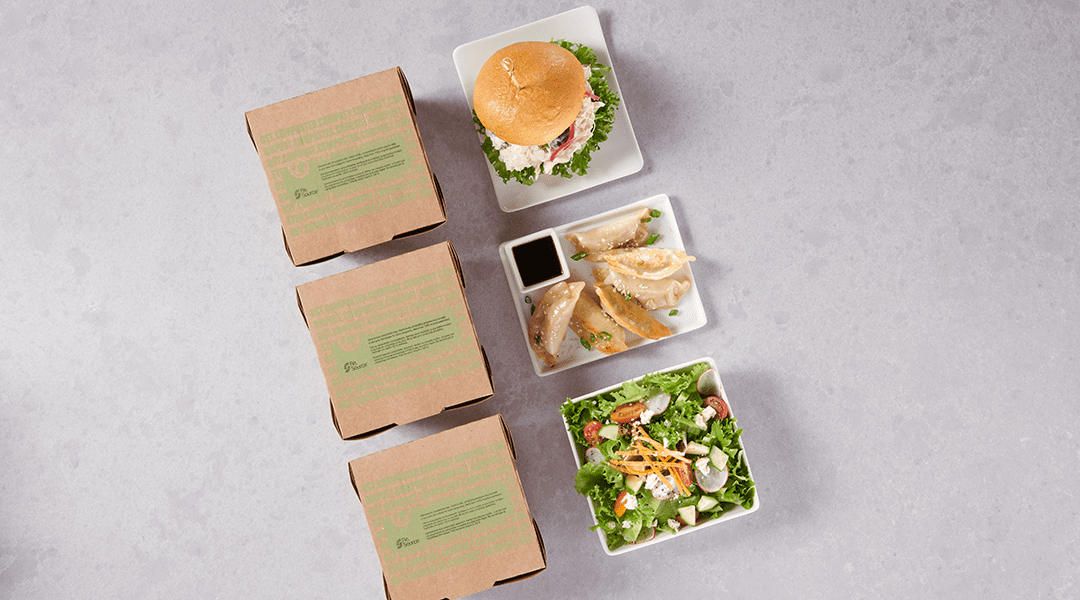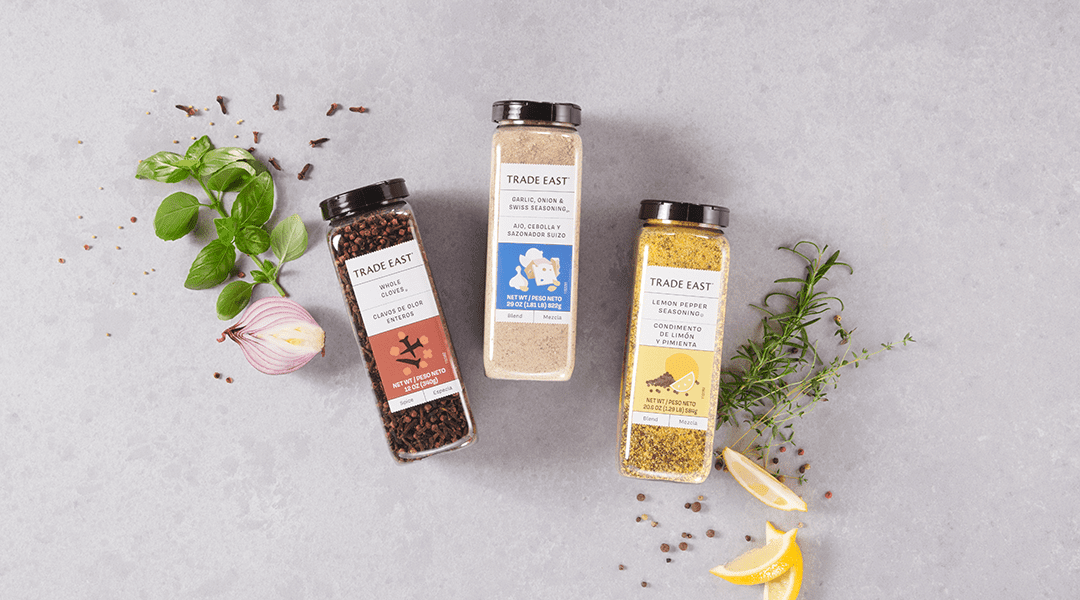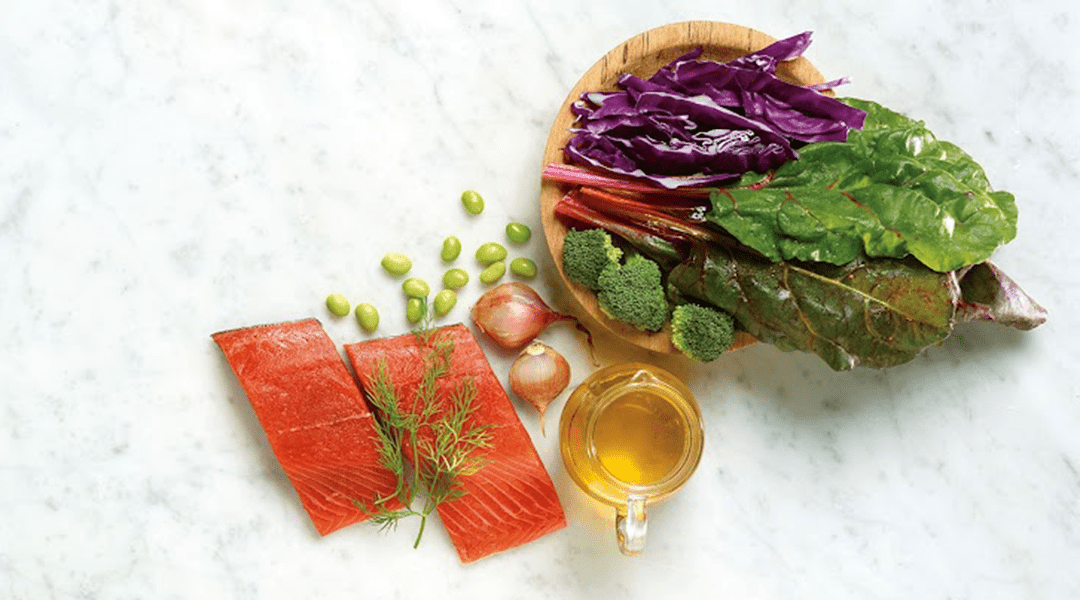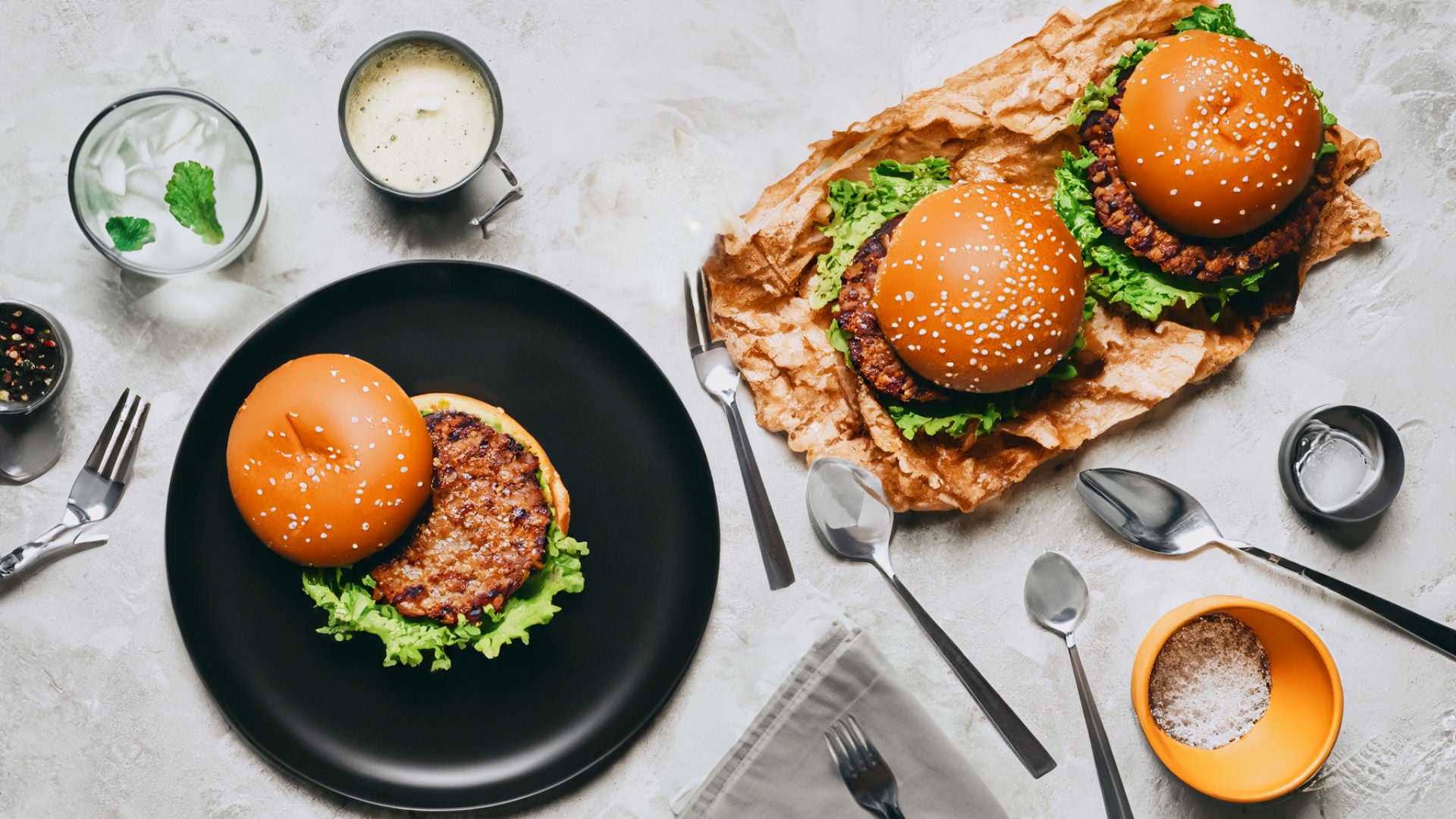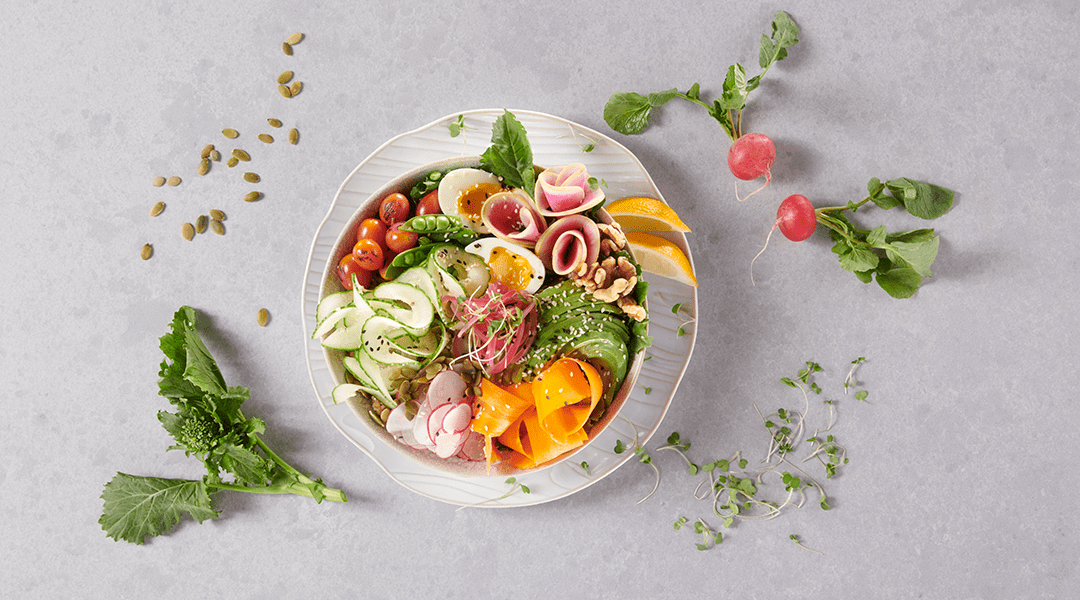Choosing compostable plates, cups, cutlery, containers and other disposables is often a matter of conscience as much as a business decision. Operators (and their customers) want to do their part to reduce waste and improve the earth’s environment.
But purchasing these products is only half the eco-battle. Deciding what to do with them at the end of their life is just as critical to their effectiveness as a “green” asset. Because these products typically cost more, making the right decision helps protect an operator’s investment as well as the planet.
What is composting?
Composting mimics the natural process that transforms organic matter into a mineral-rich material that can be used as soil. This occurs naturally on a forest floor as microorganisms break down fallen leaves, twigs, dead bugs and other natural elements into a dark, rich, humus-like soil. When people take a hand in the procedure—whether in their backyards or in a commercial facility—we call it composting.
Why compost?
Composting disposables made with corn, sugar cane, soybeans, bamboo and other renewable organic materials keeps these products from landfills, where they would take up space and contribute to the release of greenhouse gas into the atmosphere. Compostables will eventually decompose in a landfill, but it will take a great deal more time than via composting.
What to compost?
When evaluating compostable disposables, operators can look to a number of independent certifications for guidance, including ASTM D6400, ASTM D6868, Certified BPI Compostable and Composter Approved.
Where to compost?
Operators who want to use compostables are advised to first determine whether there is a “commercial composting facility” nearby. These facilities speed the decomposition of organic waste through a methodical process that includes temperature and humidity control. Their compost is typically sold to farms and nurseries, used for municipal landscaping or even sold to individuals.
There are a number of online databases listing facilities throughout the U.S. , including:
It’s a good idea to speak with a local composter about its capabilities and processes before purchasing compostable products. Though the number of composting facilities continues to grow, not all areas are currently served by one. Recycled/recyclable and reusable products can be better choices when composting is not readily available because compostable products are often not recyclable.
Making Clear Choices about disposables
Gordon Food Service’s Clear Choice program helps operators find and select products that meet customer needs for cleaner, responsibly sourced and environmentally friendly products. Clear Choice organizes thousands of products across six categories of claims and third-party certifications. One of these categories, Environmentally Friendly, includes compostable products.
Ordering products that meet your needs
Log into Online Ordering to find and select compostable, recycled, and recyclable products.
